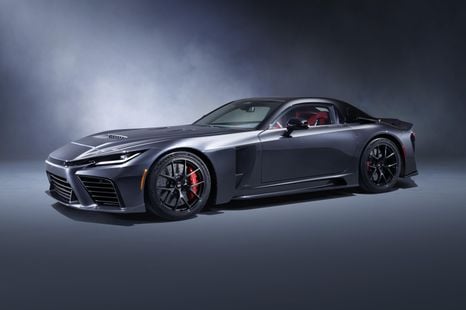

Damion Smy
Toyota GR GT V8 sports car closer to Australian showrooms
16 Minutes Ago
Chinese giant SAIC Motor says its semi-solid-state batteries are due in 2024, and will be able to offer more than 1000km of range.

Senior Road Tester
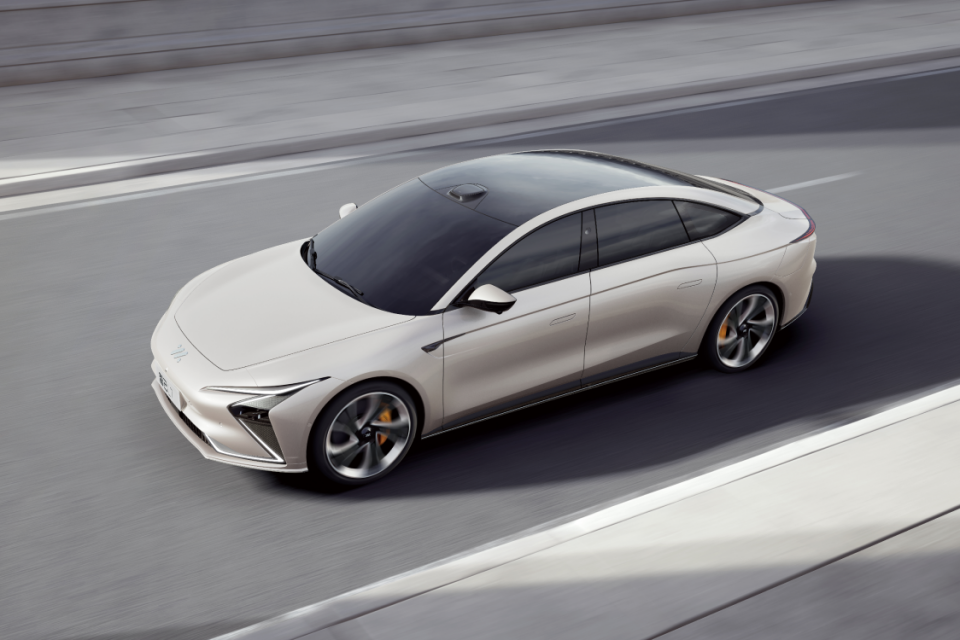

Senior Road Tester
MG and LDV parent SAIC Motor says you may soon be able to drive from Sydney to Brisbane on a single charge in one of its cars.
The Chinese automotive giant has developed solid-state technology which it says could be in its vehicles as early as 2024.
The new technology pairs solid-state technology with lithium iron phosphate (LFP) batteries for effectively greater range and more power, says GeHai Long, chief engineer for electric battery at SAIC Motor in Shanghai.
“What I can say is that next year we will commence mass volume production for this application which uses 800-volt charging for a range of more than 1000km [of range] and much faster charging,” said GeHai Long.
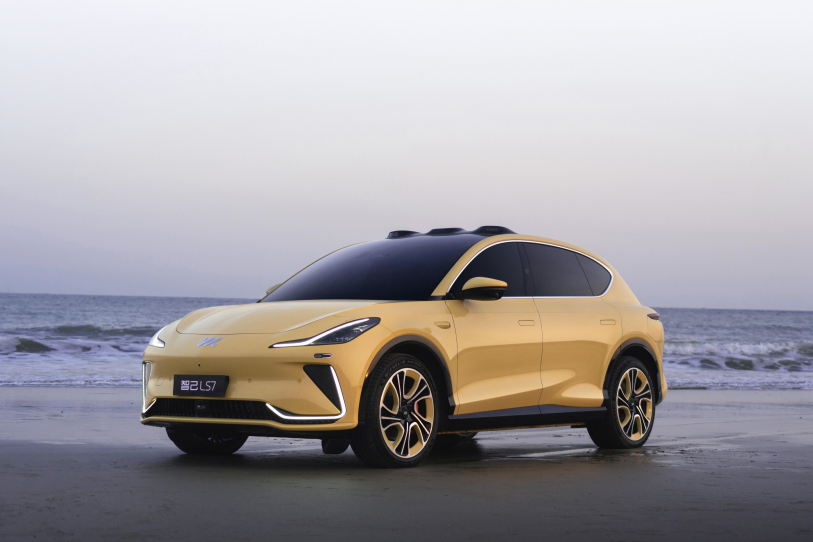
It’s unclear what test cycle that range figure is based on. In China, manufacturers use the more lenient CLTC test cycle.
The company also hasn’t confirmed which vehicles the technology will feature in.
“At the moment the fastest charging rate on MG 4 is about 1.5 to 1.6C using up to 140kW, but our mass production of 800V will mean a charging rate of 2.5C – up to 400kW, which is coming in Q3, 2023,” said GeHai Long.
“We are also working on a new type of battery cell which will have a 4C charging rate using up to 600kW, and hope [we] can put this technology into future MG models.”
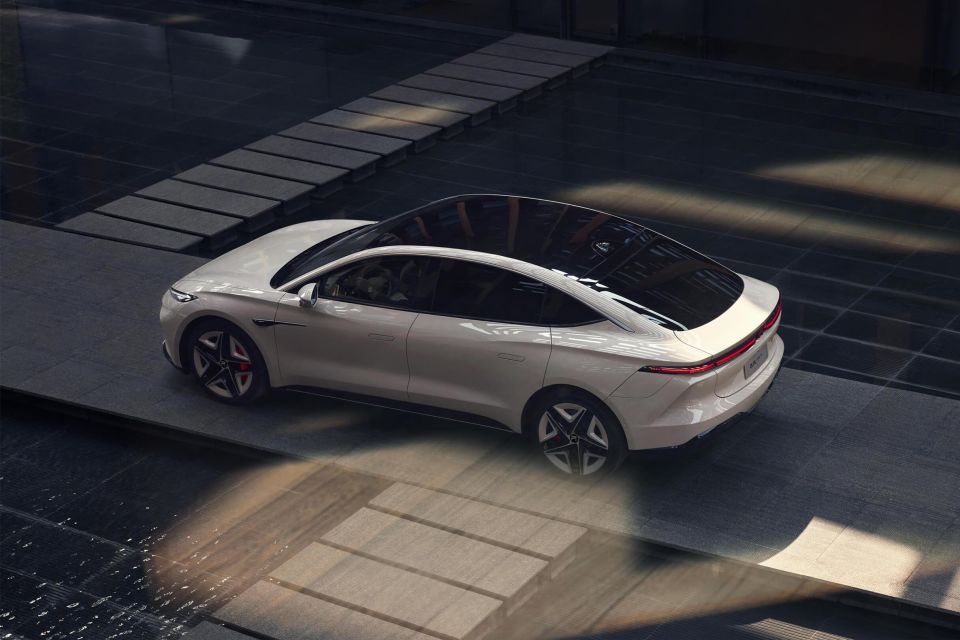
Other benefits of the new battery technology include a smaller pack size, as well as substantially more power given its higher energy density.
“The new battery technology can yield 30-40 per cent more density compared with what current nickel cobalt and manganese (NCM) batteries provide, and much faster charging,” he said.
“Using a 4C charge rate, that would mean a charge time from zero to 80 per cent in around 10 minutes.”
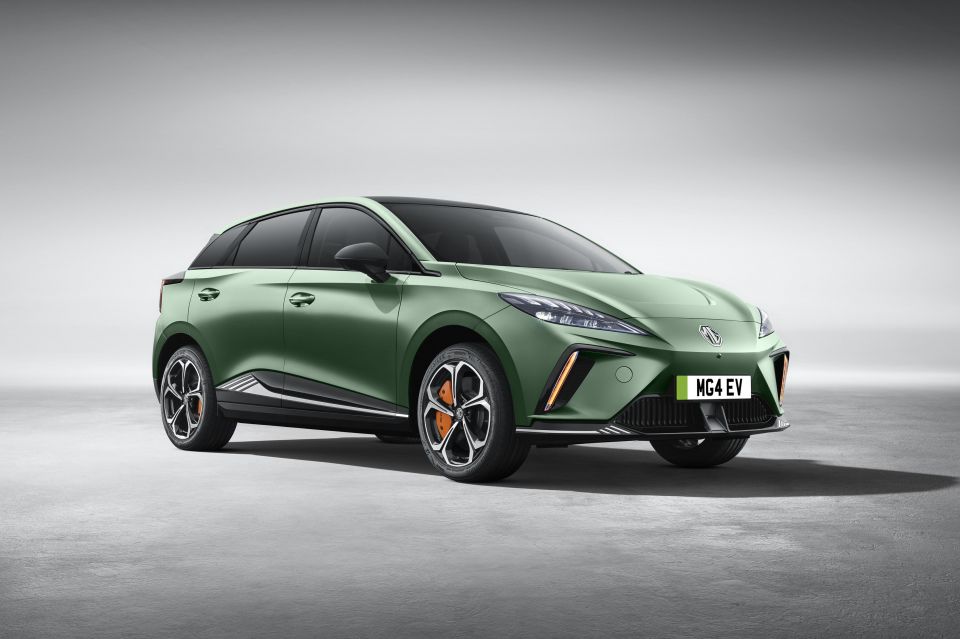
While acknowledging semi-solid-state battery tech was just around the corner, he also told CarExpert that full solid-state batteries were at least a decade away and would be prohibitively expensive and not entirely necessary in his view.
Asked about the price of electric vehicles versus internal combustion models, GeHai Long believes the EV is already the cheaper proposition, and will only fall further with this next-generation battery technology which requires fewer minerals.
“At the moment, prices of the minerals are relatively low, so using this price with an A-segment sedan [e.g. Fiat 500], we have calculated that prices are very close, given the usage cost is much lower for the EV,” he said.
“So, in the whole life calculation, at the moment, using A-segment, I think the EV is already cheaper than the petrol version.”
Anthony Crawford is a CarExpert co-founder and senior presenter with 20+years in automotive journalism and content creation.


Damion Smy
16 Minutes Ago
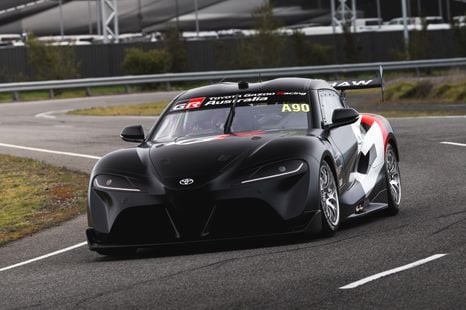

Damion Smy
16 Minutes Ago
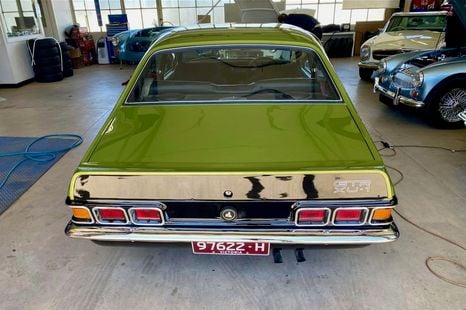

Ben Zachariah
2 Hours Ago
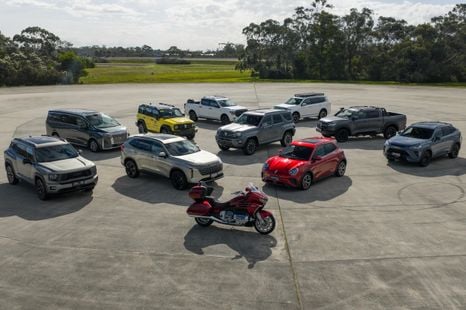

William Stopford
3 Hours Ago
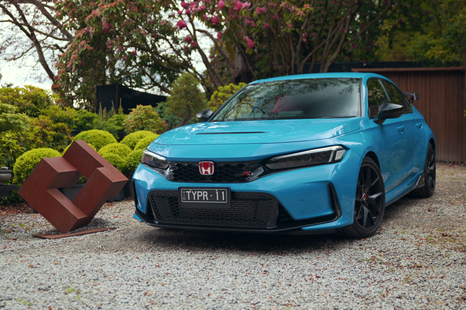

Max Davies
3 Hours Ago
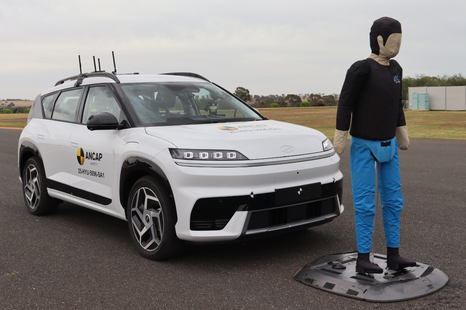

William Stopford
6 Hours Ago
Add CarExpert as a Preferred Source on Google so your search results prioritise writing by actual experts, not AI.